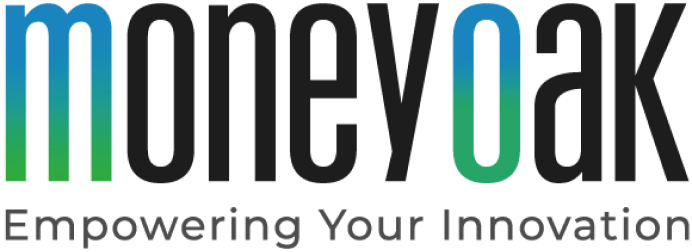If you have already taken advantage of the partial exemption from payment of the withholding tax on R&D (PTE) – a tax incentive offering up to 80% reductions on the salaries of “Researchers” – you will certainly have noticed that this essential scheme requires careful identification of the eligible personnel… Explanations.
Belgium is the place to be when it comes to tax advantages for research and development (R&D). A ‘generous’ tax framework, built, in particular, around the partial exemption from payment of the withholding tax for researchers (PTE): a tax exemption, making it possible to hire qualified researchers for a limited cost. Between 2007 and 2017 alone, R&D spending rose from 1.84% of GDP to 2.58%, or more than 11 billion euros. This is above the European average and close to the 3% mark set by the European Union to boost research on the Old Continent.
Belgium boasts an attractive ecosystem for innovative companies: its central location, highly qualified human capital and the presence of successful clusters of research institutes, universities, companies and public institutions.
Underused incentive!
The PTE is simple to understand but difficult to apply because of certain administrative burdens and a “fuzzy” interpretation of the rules. This legal uncertainty, combined with the evolution of the regulations, raises legitimate doubts, among others, about the eligibility of diplomas. And for good reason, depending on their “nature”, some employers will have to justify their R&D activities to a greater or lesser extent. In particular, private companies (excluding Young Innovative Companies [YICs][YIC] and companies collaborating with the academic sector or an accredited institute): these must comply with stricter access conditions For example, universities can, in principle, take into account the researcher’s entire salary, without a degree requirement for these profiles (despite the differences between the tax authorities and the BELSPO on the notions of “assistant” or “post-doctoral fellow”). Flexibility is also granted to YICs for their technical and support staff. By not being included in these “categories” of employers, the payroll will have to be examined even more carefully.
Doctors, masters & bachelors
Introduced in the early 2000s, the PTE is therefore an advantageous tax regime aimed, among others, at companies employing staff with a master’s degree or doctorate who are carrying out R&D projects or programs. This exemption has evolved over the years and has been extended (in two stages) to certain bachelor’s degree holders since 2018.
The PTE represents a saving of 25% on remuneration, since only 20% of the wage tax has to be paid to the tax authorities.
Which qualifications are eligible?
Doctorates and master’s degrees in exact or applied sciences; civil engineers; degrees in medicine, veterinary and pharmaceutical sciences; degrees in industrial and applied biological sciences; or master’s degrees in architecture and agronomy. On the other hand, economists, commercial engineers or lawyers are not affected by the PTE Baccalaureate graduates are now admitted (almost) on the same conditions, provided that it is a transitional diploma or equivalent in certain disciplines: from biotechnology to health care, industrial sciences and technology, paramedics, product development and computer sciences or nautical sciences. These lists are not exhaustive and vary – albeit slightly – according to the Community (Flemish and French).
It is therefore necessary to check and certify that the staff is working on research projects or programs by determining the exact amount of time spent on R&D activities and providing evidence of this. This obligation does not apply, for example, to the academic sector.
What amounts?
The rule is as follows (since 1 January 2020): the company is exempt from paying 80% of the personal income tax for doctors, masters and bachelors. There is a ceiling, as the exemption granted to bachelor’s degree holders is limited to 25% of the total amount of the exemption for the other two types of diplomas. This limit doubles if the company is recognized as a “small company”, according to the NBB’s definition (less than 50 employees, a turnover excluding VAT of less than 9 million euros and a balance sheet total of less than 4.5 million euros).
Plan, optimise… justify!
It is necessary to juggle with the rules, to have a perfect command of its payroll, to organize its R&D programs as well as possible, to anticipate the pitfalls and to build a tax structure around solid documentation. The company must be able to justify the time spent by its employees on a given project, produce complete timesheets, provide detailed job descriptions, provide proof of the required degree, etc. This applies to each employee, without forgetting to submit the various withholding tax declarations in due form and on time.
In this maze of procedures, specialized guidance is a way to optimize profits and prepare for an optimal tax future.





